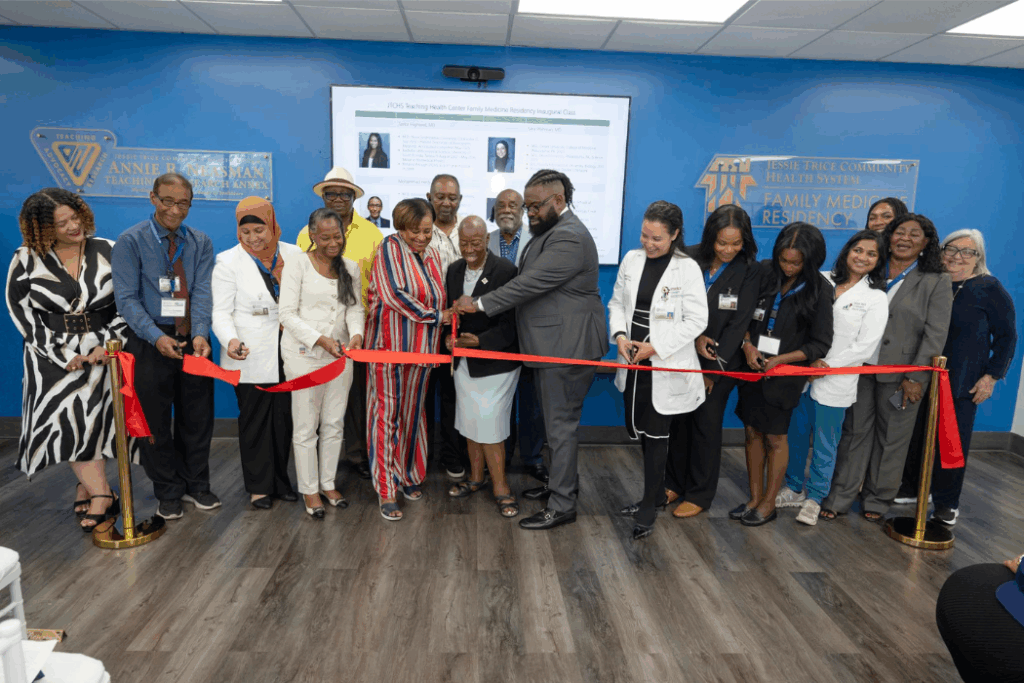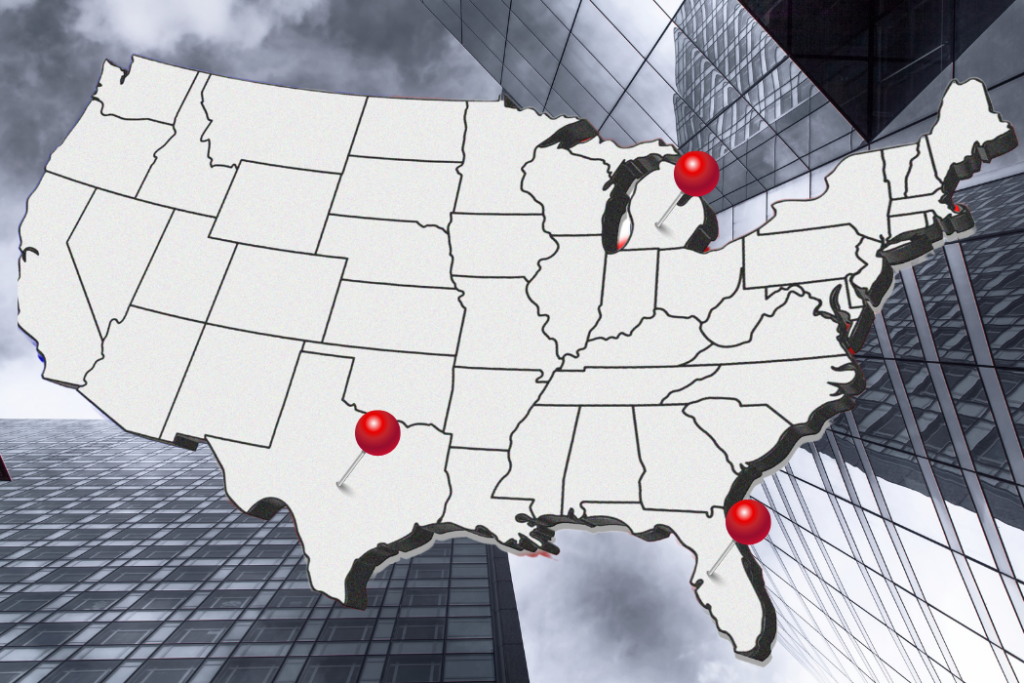
Paola Santana landed a $6 billion federal contract alongside Amazon—and why that’s good news for small businesses everywhere
In today’s rapidly evolving tech landscape, entrepreneurs are constantly seeking new ways to disrupt traditional industries. But few have taken on a challenge as ambitious as Paola Santana, who is determined to revolutionize how small businesses engage with the world’s largest buyer—the U.S. government.
As the founder and CEO of GLASS Commerce (GLASS), Santana has achieved what many thought impossible. Her government e-commerce platform recently secured a spot alongside industry giants Amazon, Overstock.com, and Fisher Scientific in the U.S. General Services Administration’s (GSA) $6 billion commercial platforms program—a remarkable achievement for a company that was just finding its footing when the initiative first launched in 2017.
“We’re super excited about this new opportunity with the federal government,” Santana says, her enthusiasm evident as she describes the platform’s mission. “Especially as it relates to introducing into the largest market in the world, hundreds and thousands of small businesses that want to and, perfectly, can do business directly with government.”
For Santana, a Dominican-born entrepreneur and lawyer, the path to this moment has been anything but conventional. Before disrupting government procurement, she made history by helping establish the first constitutional court in the Dominican Republic. She then co-founded Matternet, a pioneering drone delivery company that became the first platform authorized for permanent operations in urban environments.
Her achievements haven’t gone unnoticed. She’s been ranked among CNET’s Top 20 Latins in Tech, Forbes’ Top 50 Women of Power in Central America and the Dominican Republic, and LinkedIn’s Top 10 Professionals Under 35 in Enterprise Tech. But it’s her current venture, GLASS, that might prove to be her most transformative yet.
“GLASS was born seven years ago,” Santana explains. “I’m an expert in government and government procurement… targeting very closely how we can produce change in government from the procurement side, understanding that power is money, money is budget allocation, and procurement is how we spend the budget.”
The numbers tell a compelling story. GLASS has helped government agencies procure over 5.8 million items from verified businesses, working across more than 45 federal, state and local agencies, including the State of Illinois and the City of Seattle. The platform focuses on a crucial but often overlooked segment—purchases under $25,000 that government agencies can make directly with a credit card, bypassing complex traditional contracting processes. This market represents 30 percent of government transactions, estimated at $800 billion in the U.S. and $3.7 trillion globally.
But what truly sets GLASS apart is its impact on small businesses. “The big discovery here is why would we ask a small business with limited time, limited personnel to apply for a contract that data tells us that they will barely make it to win?” Santana poses. “Less than 3 percent of small businesses ever win contracts. Why would we ask them to win a contract when they can perfectly capture a small purchase, deliver that the small purchase the same day or thenext day with a sense of ownership of that purchase as we’ve never experienced before? A small government purchase for a small business might be their bread and butter might be keeping the lights on for a couple of weeks or even for a full month.”
This approach is working. Of the approximately $4 million transacted through GLASS’s platforms, over $2.3 million has gone to 128 small, emerging, and minority-owned businesses that had never before done business with government agencies.
“We were not expecting that the disruption in government procurement was going to come from the small business side,” Santana admits. “We have always heard about how good it is to do business with small businesses… But we always assumed it was a good-to-do thing, not a critical catalyst that could transform our economic development and economic revitalization literally bottom up.”
The industry has taken notice. GLASS has been ranked in GovCIO’s Top 10 e-Governance Solutions, shortlisted in South by Southwest’s Top 5 Startup of the Year, and featured in major media outlets including Bloomberg News, Business Insider, and Crunchbase.
Perhaps most innovative is GLASS’s approach to “cooperative selling,” where small businesses can participate in larger government orders by fulfilling portions that align with their capabilities. “Instead of helping governments do cooperative purchasing, we are helping vendors do cooperative selling,” Santana explains. “Where they can spot a purchase from government and say, ‘I’m a small business. I don’t have a million of something, but I have 200,000 of something. And I can start shipping right away because I’m local to the place where that order was placed.'”
For small businesses interested in getting started, the process is remarkably simple. “Any small business can go today right now to www.gcommerce.GLASS/sell,” Santana says. “We do not charge anything for them to create their first government online store. We support them in getting additional certifications. We do their verification totally free of charge.”
As GLASS continues to grow, particularly with its recent GSA selection, Santana’s vision of transforming government procurement seems increasingly within reach. It’s a transformation that could reshape the relationship between government and small business, making public sector opportunities more accessible to entrepreneurs nationwide.
“We’re here to support them,” Santana says simply. In those five words, she encapsulates a mission that has taken her from constitutional law to drone delivery to government technology—all in service of making government procurement more accessible, efficient, and equitable for all.
Visit GLASS Commerce: www.gcommerce.GLASS/sell.
Listen to our full conversation with Paola.













